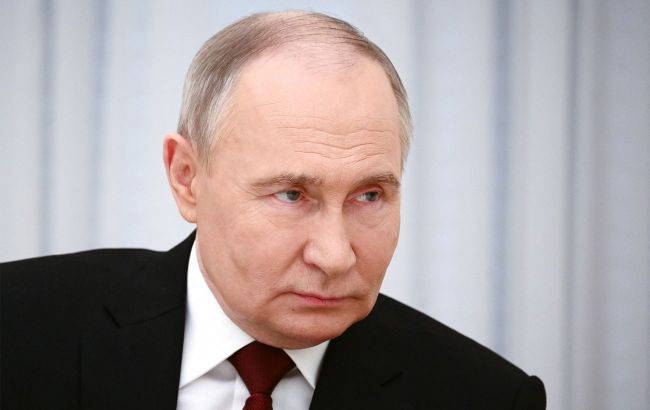Assad's regime collapse in Syria marks defeat for Moscow - ISW
 Russian President Vladimir Putin (photo: Getty Images)
Russian President Vladimir Putin (photo: Getty Images)
The regime of dictator Bashar al-Assad has fallen in Syria. This event marks a strategic political defeat for Moscow, reports the US Institute for the Study of War.
Before concluding, analysts remind that Russia intervened in the Syrian conflict in 2015 to protect Assad's regime after mass protests erupted in 2011 as part of the larger Arab Spring movement. This, in turn, triggered a civil war in Syria and threatened to overthrow Assad.
At the same time, Russian President Vladimir Putin has long viewed the color revolutions that led to the emergence of new democratic governments in former Soviet republics as a threat to the stability and security of his regime.
Putin also broadly opposes democratic movements aimed at removing authoritarian leaders linked to the Kremlin around the world. He believes these movements undermine his efforts to create his envisioned multipolar world, where Russia and its key authoritative allies and partners play a crucial role.
Regarding Syria, analysts note that Russia's inability or decision not to reinforce Assad's regime amidst the rapid advance of the Syrian opposition across the country will also undermine Russia's credibility as a reliable and effective security partner globally. As a result, this will negatively impact Putin's ability to garner global support for the multipolar world he desires.
"The rapid collapse of the Assad regime in Syria – a regime that the Kremlin helped prop up since 2015 – is a strategic political defeat for Moscow and has thrown the Kremlin into a crisis as it seeks to retain its strategic military basing in Syria," the report states.
US Secretary of State Antony Blinken stated that the US supports the peaceful transfer of power to an accountable Syrian government following the capture of power by the rebels.

